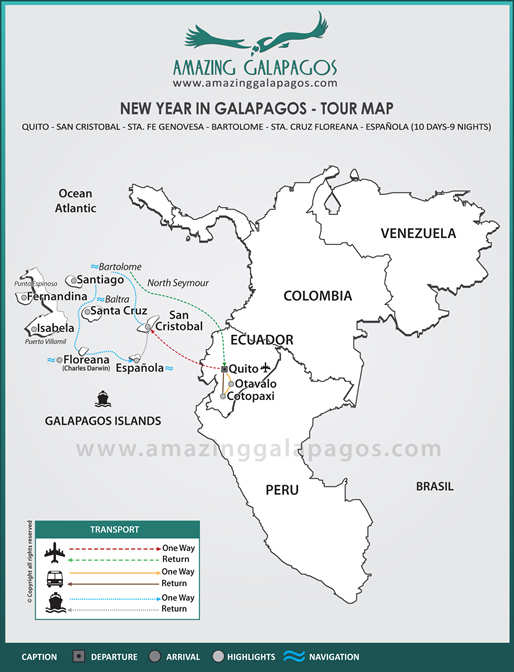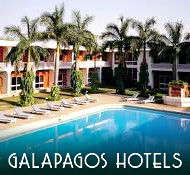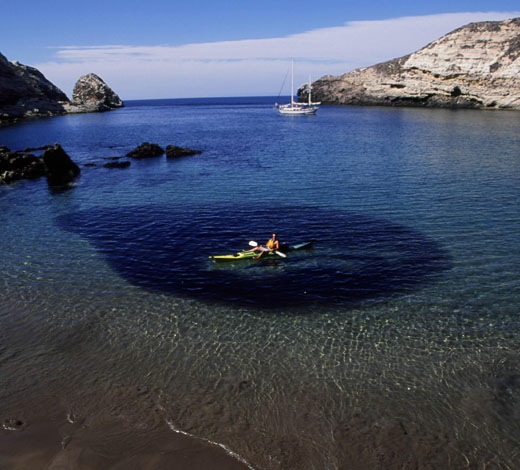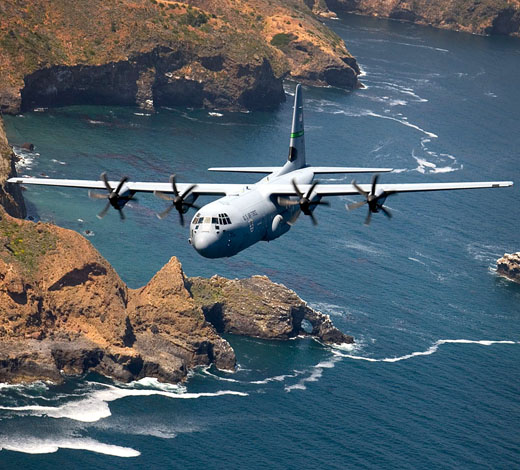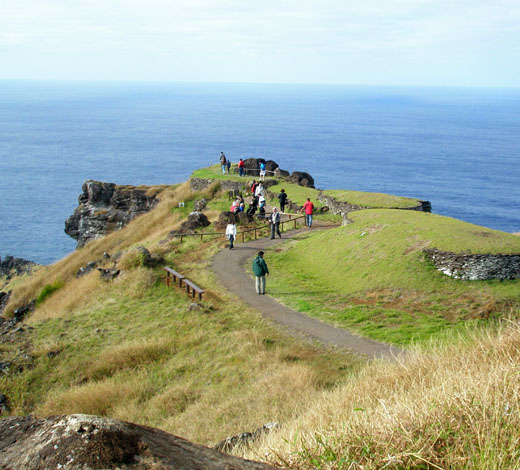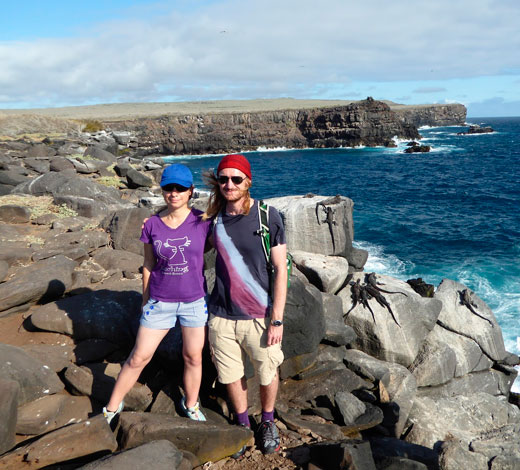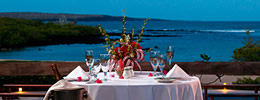New Year in Galapagos 2026 - 8 day cruise on the Galaxy Yacht
Toll free in the USA & CANADA: 1 800-704-2915 - Worldwide
Arrival to Quito. Reception and transfer to your hotel.
December 30 / Tuesday: Quito - San Cristobal Island
After breakfast, transfer to the airport for the flight to San Cristobal Island. You will be met at the airport by the ship's crew for the start of your Galapagos tour.
Visit the Interpretation Centre at Puerto Baquerizo Moreno. After, we shall then visit the highlands of San Cristobal before going onto Isla Lobos, where a large population of sea lions make their home. This island is also a great place for snorkeling opportunities as well as to view blue-footed boobies.
Santa Fe has one of the most beautiful coves of all the visitor sites in the archipelago. A turquoise lagoon with two small white sandy beaches are protected by a peninsula where sea lions rest. A trail runs along the side of the coast and then crosses through an Opuntia Forest. These prickly pear cacti are the largest found anywhere in the Galapagos. The Santa Fe species of land iguanas are also larger and of a paler yellow than on the other islands. After the hike you can swim or snorkel in the bay in the company of sea lions.
At the afternoon, visit to Turtle Cove where you will find Mangroves, Golden Rays and White tipped Sharks.
* Special New Year Dinner
Morning wet landing for an easy stroll observing thousands of bird life, mainly frigate birds, red footed and masked boobies, gulls, herons, finches and mockingbirds. If you wish you can continue walking over sharp lava and uneven terrain, or just go back to the beach to enjoy swimming and snorkeling at this beautiful natural harbour. Those most adventurous can look for Hammerhead sharks, snorkeling along the cliffs. The afternoon starts with a very interesting panga ride along the cliffs and then disembark (dry landing) on rocks for a steep climb (90 feet) and then a leveled walk for about a mile to the other side of this small island observing large colonies of masked boobies, frigate birds, storm petrels and the short-eared owl.
January 2 / Friday: BartolomeDisembark at Bartolome Island (dry landing) for a hike to the summit. This is a steep climb aided by a wooden staircase; the view from the top is worth the effort. There will be time for a panga ride around Pinnacle Rock to observe penguins, to enjoy the beach (wet landing), snorkeling and swimming from the beach, or a ride on the glass-bottom boat. Farewell cocktail and briefing.
January 3 / Saturday: Santa Cruz IslandA visit to the second largest island in the Galapagos, Santa Cruz. With six different zones of vegetation: Coastal, Arid, Transition, Scalesia, Miconia, and Pampa Zones. The Charles Darwin Research Station and the Galapagos National Park offices are also based here. The station is also a tortoise breeding centre, where tortoises of different species are prepared for reintroduction to their natural habitats. The most famous inhabitant is probably Lonesome George, the only survivor of this specific turtle species. The lush green scenery of the Santa Cruz highlands is a welcome contrast to the aridity of the lower islands.
January 4 / Sunday: FloreanaFirst stop is at Punta Cormorant, a small island with a large inland lagoon, home to many flamingos and other wading birds. The sandy beach cove has numerous turtles, rays and seabirds, whilst off the coast is Devil's Crown, a half submerged volcanic crater, which is a great site for snorkeling as you will see starfish, sea urchins and tropical fish in the shallow center as well as larger fish like sharks and rays outside the rocky area. A trip to Floreana, the sixth largest island, and a main settlement with only a few hundred inhabitants. With one of the most interesting human histories of the islands, it was one of the earliest islands to be inhabited. In 1793, a post office barrel was erected on Floreana to facilitate delivery to the United States and Europe
January 5 / Monday: Española
A visit to the isolated Española Island where there is a high percentage of endemic fauna. Gardner Bay, on the eastern shore has a magnificent beach. The beach is frequented by sea lions, and is a major nesting site for marine turtles. Around the small islets nearby, snorkelers will come across many species of fish, turtles and perhaps even sharks. On a trail leading to the western part of the island, several nesting sites of the waved albatros will be encountered. These huge birds nest here from April to December.
Finally at Punta Suarez, along with many nesting seabirds there are mockingbirds, Galapagos doves and Galapagos hawks. Several types of reptile, including the marine iguana and the lava lizard, are also inhabitants of the island. Here you may also see a spectacular blowhole, which shoots spray 30 metres into the air.
Early visit to Leon Dormido. After breakfast, transfer to the airport for the flight to Quito. Rest of day at leisure.
January 7 / Wednesday: Quito
After breakfast, transfer to the airport for your return flight home.
End of services
